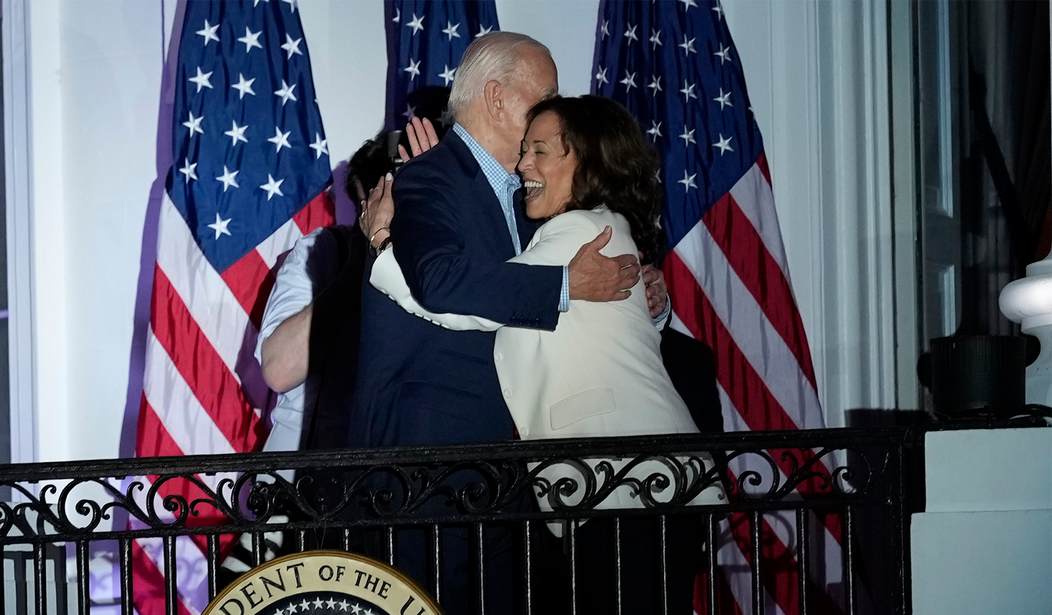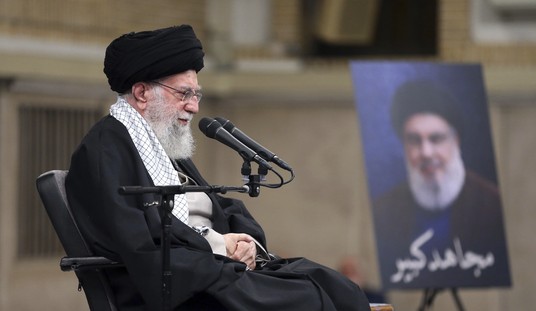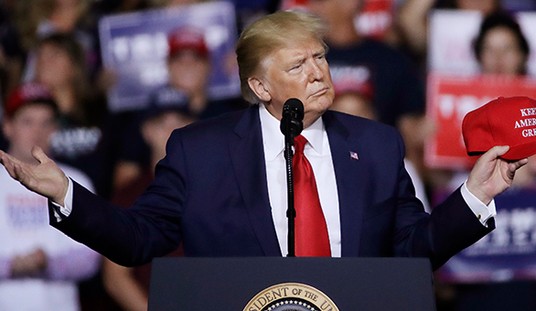The astonishing political events of the last four weeks make plain, once again, how much of America's history depends on what voters have come to accept as the choice of one person: each presidential nominee's choice of a vice presidential candidate. Even as the nomination process was expanded, half a century ago, to include millions of primary voters, the choice of the vice presidential nominee has devolved from smoke-filled rooms of bosses who represented large constituencies to the choice of a single person.
Consider 47-year-old Barack Obama's selection of 65-year-old Joe Biden in 2008. For 2016, Obama shoved Biden aside in favor of the rival he bested in the Feb. 2008 primaries, Hillary Clinton. The Biden family and many others think their man would have beaten Donald Trump and would be in the twilight of an eight-year presidency now.
Obama has continued to affect Democrats' candidate choices. In 2020, in the wake of Rep. Jim Clyburn (D-S.C.), he squelched the candidacy of 78-year-old Sen. Bernie Sanders (I-Vt.) and crowned the 77-year-old Biden. This year, in the wake of former House Speaker Nancy Pelosi (D-Calif.), he shoved aside Biden for Biden's own one-man 2020 vice presidential choice, Kamala Harris.
Obama's continued role in designating Democratic presidential nominees echoes, perhaps faintly, the records of two historic Democratic presidents, Franklin Roosevelt and Andrew Jackson, who, after two terms, effectively chose their successors for the rest of their lives.
Roosevelt's choice, through behind-the-scenes manipulation in the 1940 and 1944 national conventions, was himself -- a wise decision, in my view, given his brilliance as a war leader. Similarly, Roosevelt's behind-the-scenes choice in the 1944 Democratic convention of Harry Truman over the pro-Soviet Union incumbent Henry Wallace had enormous consequences after the 63-year-old Roosevelt's death in April 1945.
Jackson's choice, in 1836 and 1840, was Martin Van Buren, who had set up and run the first Democratic national convention, in 1832 (192 years ago!). After Van Buren was defeated in 1840, Jackson expected to support him again -- until April 1844, when the usually loyal Van Buren came out against the annexation of Texas. The 77-year-old Jackson switched to his fellow Tennessean James K. Polk, who four weeks later became the first "dark horse" presidential nominee.
Recommended
With enormous consequences. Polk beat Henry Clay by carrying New York, then a quarter-century into its 140-year run as the nation's most populous and politically consequential state, by exactly 5,106 votes. As president, he completed the acquisition of Texas engineered by the outgoing (and 1840 Whig vice presidential nominee) John Tyler and his Secretary of State John C. Calhoun. Then in 1846, Polk ordered American troops into the disputed zone between the Nueces River and the Rio Grande, and when they were fired on by Mexican troops, he got the House and Senate to declare war.
Opponents of that war elected to Congress in 1846 included the 80-year-old former President John Quincy Adams and the 38-year-old future President Abraham Lincoln. But despite their efforts, the United States obtained from Mexico the then-mostly unpopulated New Mexico, Arizona and California plus Mormon Utah. Had Polk, Andrew Jackson's choice, not prevailed, would the U.S. have obtained California after gold was discovered at Sutter's Mill in 1848? No one knows.
Voters this year are faced with weighing the consequences of electing either a Democratic nominee picked for vice president by Biden in 2020 or a Republican nominee who beat the Democratic nominee picked as his successor by Obama in 2016 and who was headed to beat the Democratic nominee picked by, among others, Obama in 2020.
Some consequences are reasonably predictable. The parties' positions on domestic issues are fairly well known, and presidents in office are constrained by congressional majorities and economic developments. It's not clear that the nominees will be able to put into effect their more outre policies, such as Harris' 2019 promises to ban fracking and abolish private health insurance, or Trump's recent endorsement of 10% tariffs on all imports.
Presidents have more leeway to set policy on our borders and beyond, as Polk and Roosevelt did to great effect. I find it difficult to predict what Trump or Harris would do about Ukraine or Taiwan, but prediction seems easier on two other issues.
One is the border. Harris would surely continue the Biden open borders policy, which has flooded the U.S. with millions of illegal immigrants. Trump would limit the inflow, as he did with his 2018 "Remain in Mexico" policy, the consequences of which were indicated accurately on the chart to which he turned his head as the would-be assassin fired his rifle near Butler, Pennsylvania.
The other is the Middle East. As vice president, Harris has been outspoken in lamenting the consequences of Israel's response to Hamas' Oct. 7 attack and has said little in support of Biden's sometimes limited assistance to Israel. She seems likely to be the least pro-Israel president since the Six-Day War in 1967 and might well pursue the policy, which Obama initiated and Biden made some effort to follow, of seeking a rapprochement with Iran.
In contrast, Trump can be expected to support Israel strongly and to encourage, in line with his Abraham Accords success, cooperation between the Sunni Arab states and Israel. His recent threat to retaliate forcefully to terrorists who hold Americans as hostages recalls President-elect Ronald Reagan's statements that prompted Iran to release American hostages on the day of his inauguration in Jan. 1981.
Some 160 million voters will have a chance to make judgments on these and other issues as they choose between these candidates in the months ahead. But many of the consequences that will flow will have been set in motion by decisions made, in some cases years ago, by presidents who, under our system, more or less singlehandedly designate their successors.

























Join the conversation as a VIP Member